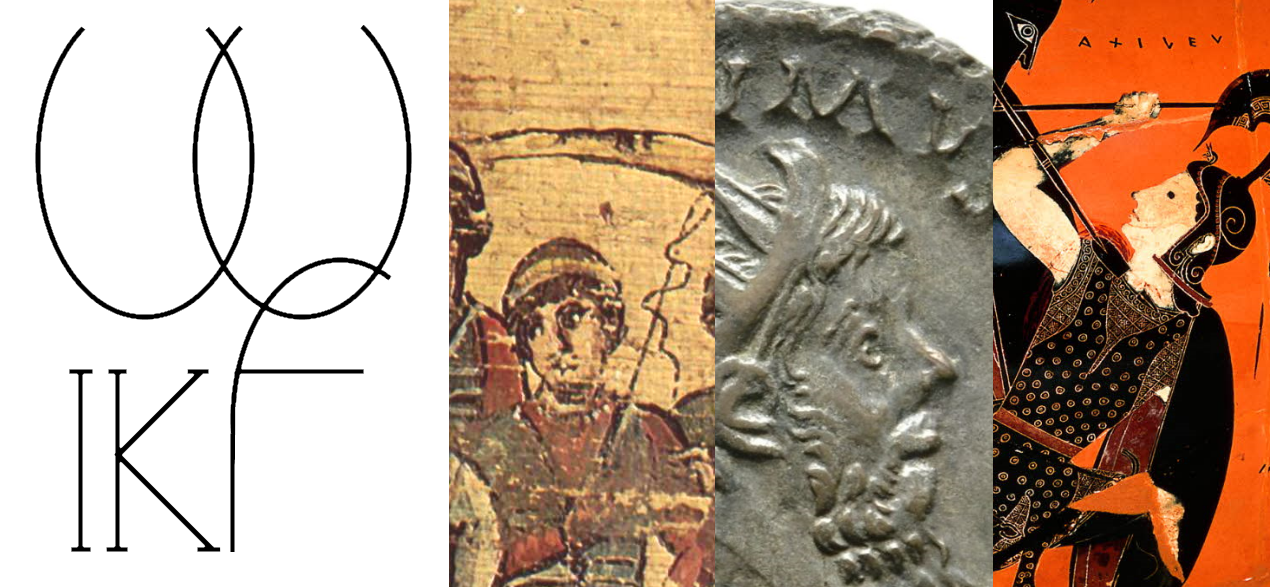Persian Historical Travelogues (11th-19th century)
While European travelogues about Iran are considered valuable primary sources, especially in terms of social history, religious minorities and popular belief, the travelogues of their Persian writing counterparts have hitherto led more of a niche existence. However, Iranians (and Persian speakers from other countries, such as India) have traveled the world ever since, in all possible directions, and some of them recorded their experiences. The aim of the webinar will be to critically assess the value of these travelogues as historical primary sources, but also to investigate in which way and to what extent an Iranian or Persianate identity (and the "other") was constructed through the travelogue medium. What was the travelers´ purpose of writing their experiences down? Whom do they address? What do they wish to impart to their (usually learned) audience? Do Persian travelogue writers have a common social background or are they as diverse as their European counterparts? Were Persian travelogues translated into other languages and circulated within the Islamicate world (and even beyond)?
The webinar is free of charge and will take place Mondays, 16:15 - 17:45, Central European Time. The first meeting will be October 23 and the last February 5. The language of instruction is English, and good knowledge of Persian is required. Because it is an online class, participants will need a personal computer, headset with microphone, and stable internet connection. Certificates will be issued upon successful completion of the class.
Those wishing to participate should send a statement of interest and CV to Dr. Sarah Kiyanrad, kiyanrad@gmx.de, by September 30, 2017. Questions about the course can also be directed to her. The number of participants will be kept to a maximum of 10.
The course is sponsored by the Baden-Württemberg Ministry of Science, Forschung, and Art (MWK) as part of the “Webinars in Specialized Disciplines” initiative.


